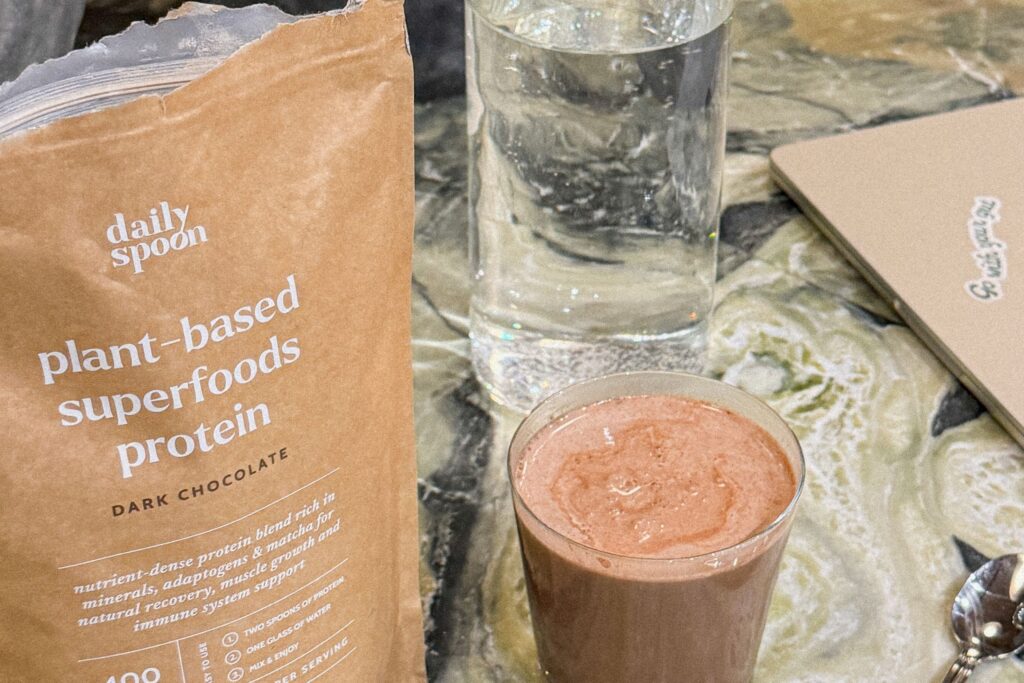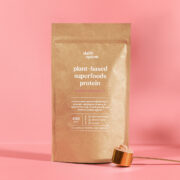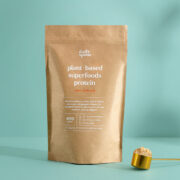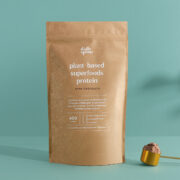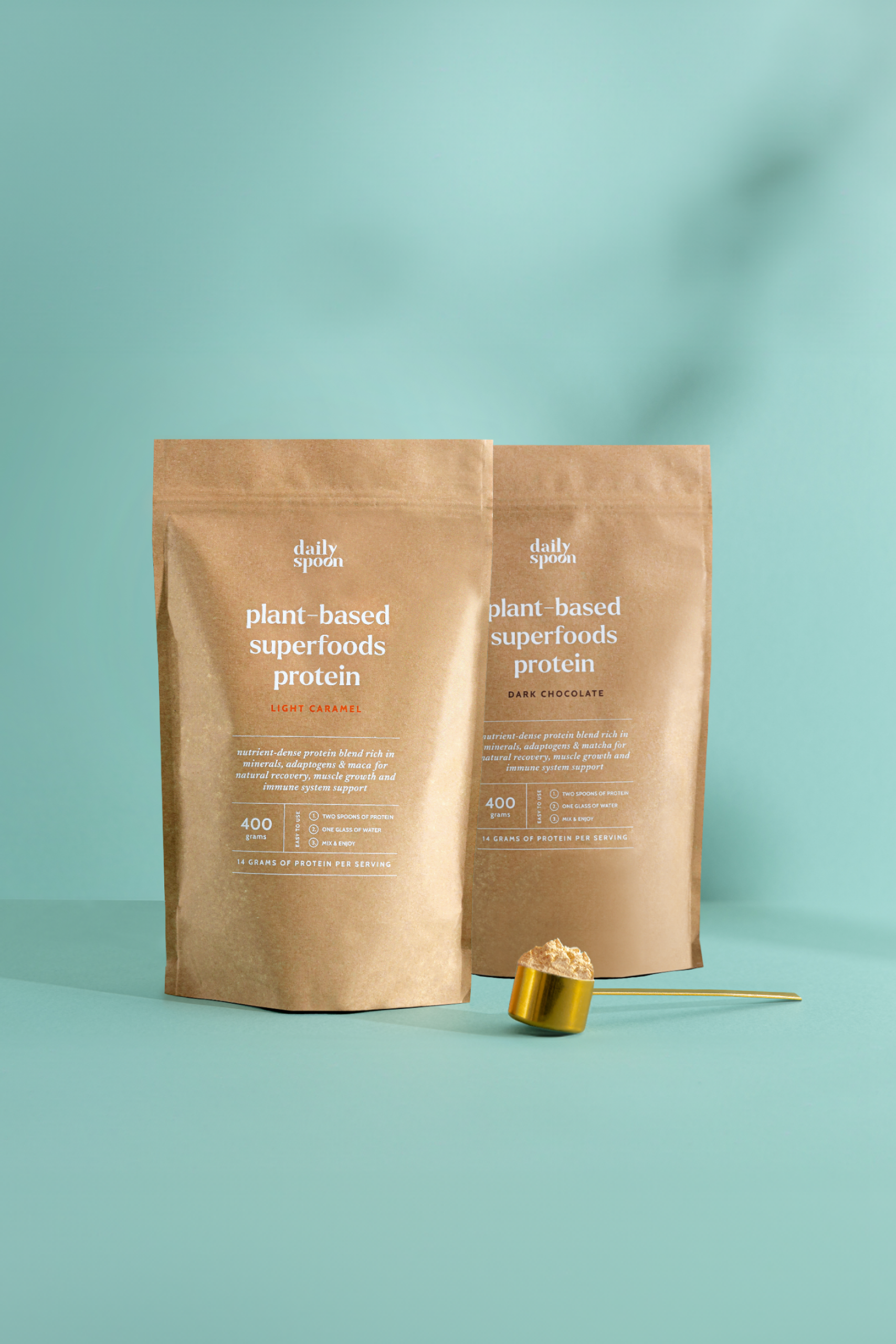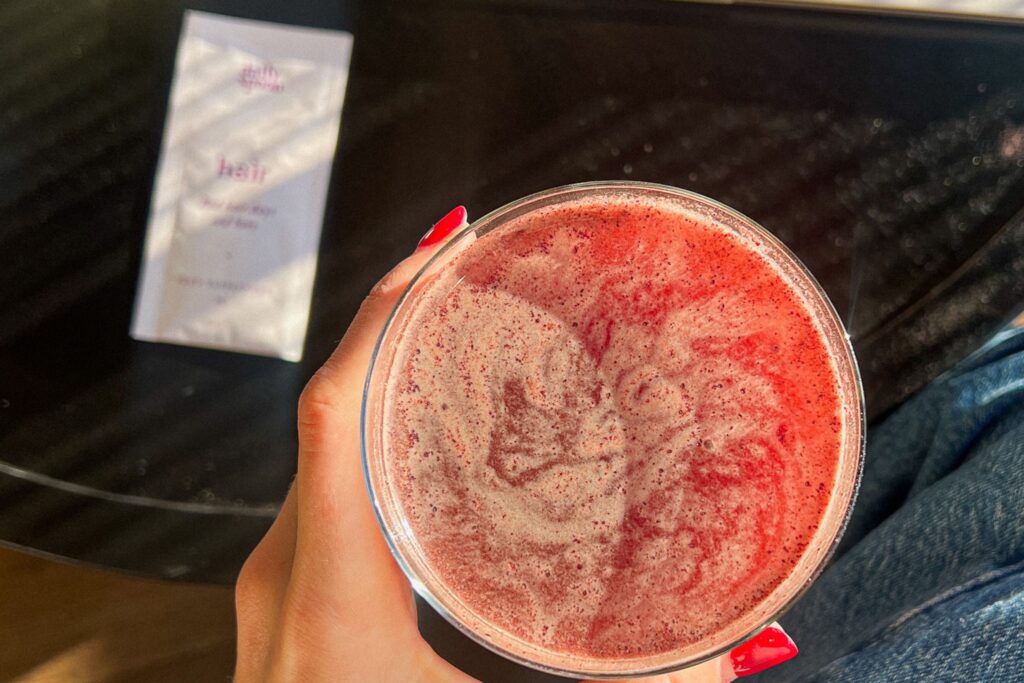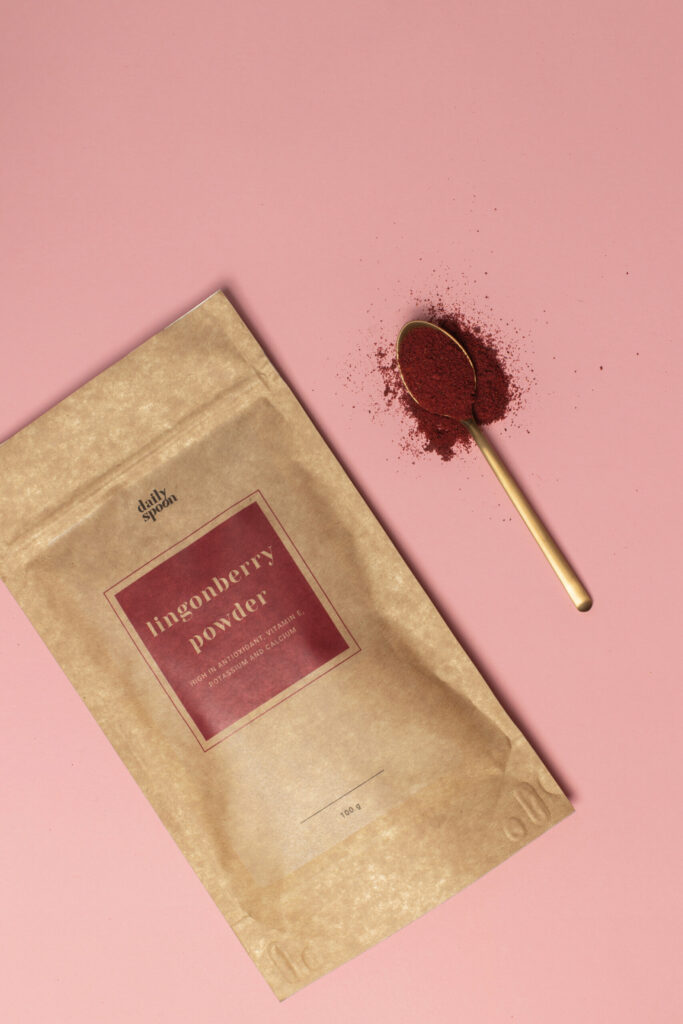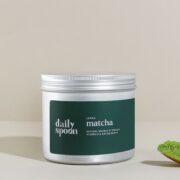Proteins are one of the most essential nutrients for the human body. They make up about 18–20% of total body mass, are composed of amino acids, and are crucial for nearly every bodily function – from muscle growth to energy production and oxygen transport.
While the importance of proteins is undeniable, we increasingly hear another term – “protein.” But is it the same thing? Or is one meant only for athletes and the other for everyone? And how can you tell if you’re getting enough?
In this article, we’ll take a closer look at the benefits of proteins for the body, how to incorporate them into your diet, and what really sets “proteins” and “protein supplements” apart.
Protein and proteins: what’s the difference?
If you’ve ever searched online for information about proteins, you’ve probably come across the term “protein” as well. In fact, these two words are often used interchangeably. From a linguistic perspective, that’s not incorrect, as their meanings are very similar.
In Lithuanian, the term baltymas is preferred, while proteinas (from the English protein) is also acceptable and widely used. It typically refers to a “simple protein molecule composed only of amino acids.”
So essentially, proteins and protein are the same thing. However, if you look closely at different sources, you’ll notice a trend: while they mean the same, “protein” is more commonly used in the context of nutrition and supplements – referring to concentrated protein products consumed to increase protein intake, often in relation to fitness or muscle-building goals.
Still, there’s no universally accepted rule for using these terms, so in this article, we’ll use protein and proteins interchangeably.
What are the benefits of protein for the body?
Today, we know quite a lot about the benefits of protein for the human body. Consuming protein daily ensures that the body can grow, renew itself, and function properly.
More specifically, proteins are essential for:
- Supporting the growth of various body structures such as skin, nails, hair, and muscles
- Helping manage diabetes
- Regulating blood sugar levels
- Providing energy
- Creating a lasting feeling of fullness after meals
- Assisting the circulatory system in effectively transporting oxygen throughout the body
- Supporting the immune system in fighting off infections and diseases
By now, you probably understand why protein is so important — without this vital nutrient, it would be difficult to maintain many essential bodily functions.

What are dietary proteins?
Once you understand the importance of protein for your body, the next question is likely: where do you get it, and how can you make sure you’re getting enough of this essential nutrient?
The answer is simple — eat protein-rich foods. These foods are generally divided into animal-based and plant-based protein sources.
Animal-based proteins:
- Dairy products: yogurt, cheese, low-fat cottage cheese, milk
- Eggs (especially egg whites)
- Meat: chicken, turkey, beef, lean pork, lamb
- Fish: cod, salmon, tuna, trout, and more
- Seafood: shellfish, shrimp, oysters, scallops, mussels
Plant-based proteins:
- Unsalted nuts: walnuts, pistachios, cashews, almonds
- Seeds: sunflower, pumpkin, chia seeds, flaxseeds
- Legumes: beans, peas, lentils – including edamame (green soybeans), chickpeas, black and pinto beans
- Soy products: tempeh, tofu
- Whole grains: oats, quinoa, brown rice, etc.
These foods are excellent sources of protein, especially if you’re looking to increase your intake without intense physical activity.
For those aiming to boost protein intake for fitness or muscle-building purposes, protein powders and supplements can also be a practical addition to your diet.
When and how to take protein correctly
It’s most beneficial to consume protein-rich foods evenly throughout the day. Typically, people tend to eat the most protein during dinner, and the least in the morning.
When it comes to protein supplements, use them based on your lifestyle:
- If you’re physically active, you probably already know that protein is especially important for recovery after exercise.
- Protein supplements can also be taken in the morning or between meals — this helps increase your overall protein intake and keeps you feeling full longer.
The amount of protein you should consume daily depends on individual factors such as your overall health, fitness or body goals, age, sex, physical activity level, and body composition. However, general guidelines recommend 0.8–1.2 grams of protein per kilogram of body weight for a healthy adult. If you’re aiming to build muscle mass, this amount may increase to 1.2–2.2 grams per kilogram.
Protein – can it be harmful?
We’ve already discussed the benefits of protein, but many people also wonder if it can be harmful. While protein is essential for the human body, the rule of moderation still applies: too much of anything can be unhealthy.
Excessive protein intake, beyond what your body needs, can lead to various digestive issues (such as diarrhea, bloating, constipation), and may also place strain on the kidneys, cause dehydration, disrupt nutrient balance, or negatively affect bone health.
So, feel free to include protein in your diet, but do so responsibly — even if your goals are driven by fitness.
Plant-based superfood proteins
If you’re looking to enrich your diet with plant-based proteins, try Daily Spoon protein. Perfect for natural recovery after workouts, ensuring muscle mass growth, boosting energy before training, or strengthening your immune system – these high-quality plant-based proteins are enhanced with adaptogens and superfood ingredients.
Each serving provides 14 grams of protein. Three delicious flavors for your emotional satisfaction: smooth caramel, dark chocolate, and strawberry. Free from emulsifiers, colorants, and flavor enhancers – designed to create healthier, more mindful daily habits.
